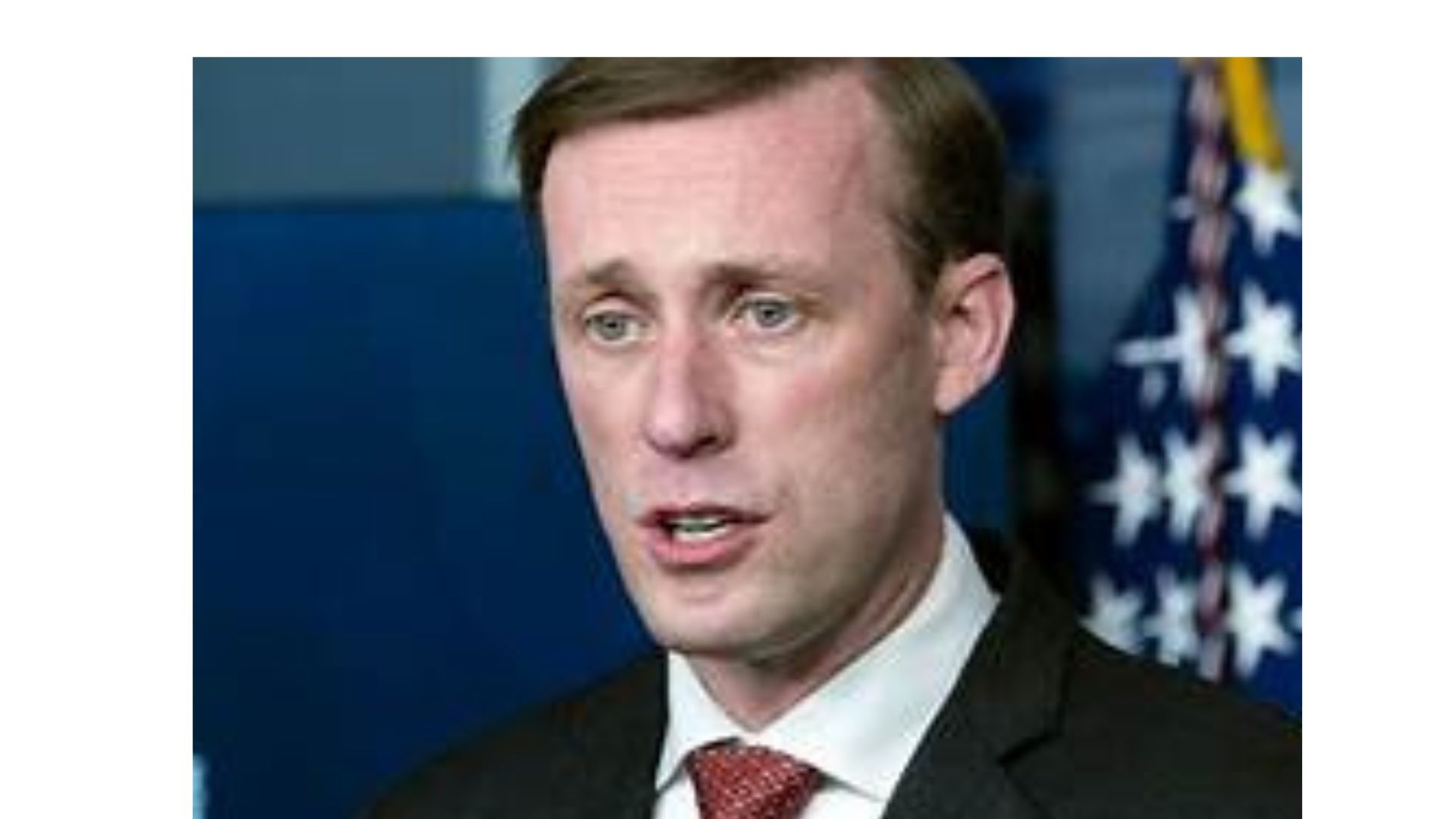French President Emmanuel Macron has ruled out the possibility of appointing a left-wing government, citing concerns over “institutional stability.” This decision comes amid a political deadlock following the July elections, which resulted in a fragmented National Assembly.
In the July elections, the left-wing New Popular Front (NFP) alliance secured the most seats in the 577-member National Assembly but did not achieve a governing majority. Macron has been in discussions to find a new prime minister, exploring options in several rounds of talks with various political leaders, including far-right politician Marine Le Pen.
Macron has rejected the left-wing NFP’s claim to form a government, following talks with other political leaders. He has expressed concerns that a left-wing government would face immediate no-confidence motions from his centrist alliance, the conservatives, and the far-right, potentially destabilizing the country. “My responsibility is to ensure that the country is neither blocked nor weakened,” Macron said in a statement.
The election results left the National Assembly divided with over 190 seats held by the NFP, Macron’s centrist alliance holding around 160 seats, and Le Pen’s National Rally with 140 seats. The NFP, led by the hard-left France Unbowed (LFI), has nominated Lucie Castets, 37, as their candidate for prime minister. However, Macron’s party, along with other factions, has indicated it would vote against a left-wing government, undermining its stability.
Macron criticized the idea of a left-wing government, stating it would be “immediately censured” by other groups in the National Assembly and threaten institutional stability. He emphasized his commitment to finding a consensus candidate who could maintain stability and avoid a no-confidence vote.
The LFI reacted strongly to Macron’s decision. Party coordinator Manuel Bompard called it an “unacceptable anti-democratic coup,” while LFI leader Jean-Luc Melenchon accused Macron of creating a “situation of exceptional gravity” and urged a strong public and political response. Melenchon had previously suggested supporting a left-wing government under Castets, excluding LFI ministers.
Macron has previously likened the LFI to the far-right National Rally, labeling it as an “extreme movement.” French news outlet Le Monde noted that Melenchon’s proposal complicates Macron’s position on the NFP, making it harder for him to justify his stance.
Olivier Faure, head of the Socialist Party, has stated that his party does not want to be involved in a political scenario that appears to be stacked against the left.
Currently, Macron has left Gabriel Attal as caretaker leader for an extended period while he searches for a broadly supported candidate to lead the government. With the deadline to present the 2025 budget approaching in just over a month, Macron faces mounting pressure to make a decisive choice.







